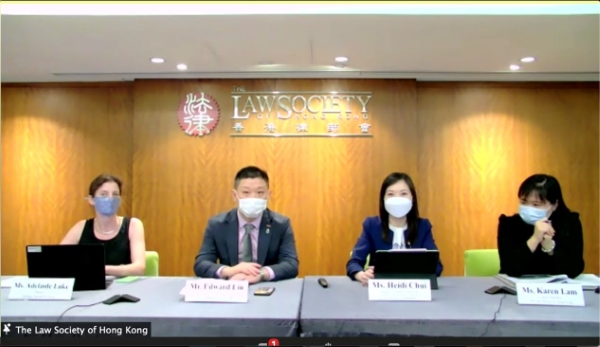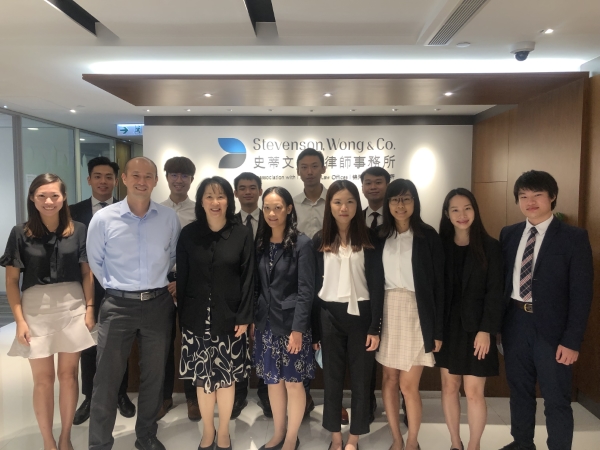2021年7月27日,本所合伙人、诉讼及争议解决部主管徐凯怡律师,获邀担任 “跨境争议解决之最新发展” 的专题演讲嘉宾之一。本次网络研讨会由英格兰及威尔斯律师会及香港律师会共同合办。

研讨会上,徐律师通过分析近期重大案例之关键事实和重要影响,向参与者分享和解释了香港破产和重组法的最新发展,包括承认和协助外国破产和企业救助法案等。是次研讨会反应热烈,受到了超过100 多名参与者的好评,并纷纷藉此机会就有关跨境争议及案例之分析等方面踊跃提问。



左上:香港律师会会长彭韵僖律师;右上:英格兰和威尔士律师协会国际政策顾问Catherine Brims 律师
下图:英格兰和威尔士律师协会会长 Stephanie Boyce 律师



若阁下想了解更多详情,请联络本所合伙人徐凯怡律师 (heidichui.office@sw-hk.com)。








